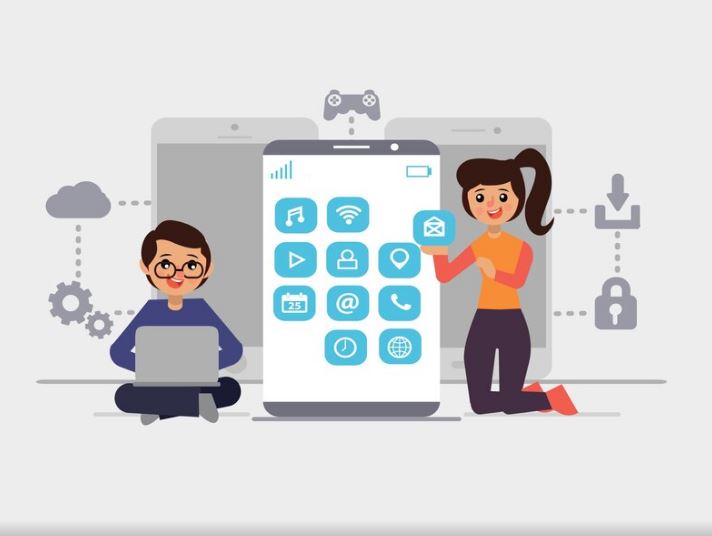Apple has been positioning itself as an advocate for user privacy for many years. However, the UK government has now submitted a covert order requesting access to iCloud’s encrypted data. This extraordinary action raises grave worries about digital security and may set a risky worldwide precedent.
Key Facts About Apple’s Encryption Battle
| Category | Details |
|---|---|
| Issue | UK Government demands access to encrypted iCloud data |
| Law Involved | Investigatory Powers Act (IPA) |
| Affected Users | Apple users globally, not just in the UK |
| Data at Risk | iCloud backups, Photos, Notes, Messages, and more |
| Apple’s Stance | Opposes backdoors, may pull encryption services from UK |
| Global Impact | Other governments (U.S., China) may follow suit |
| Potential Risk | Loss of trust, increased cyber threats, surveillance concerns |
Demand from the UK: A Way to Gain Access to Millions of Devices
The request from the UK government is about control, not merely national security. According to reports, Apple has been issued a Technical Capability Notice (TCN) under the Investigatory Powers Act, which mandates that it implement a backdoor in its end-to-end encrypted cloud storage. If implemented, this might jeopardize Apple consumers everywhere, not just those in the UK.
Why Governments Are Interested in Apple’s Advanced Data Protection
With the advent of Apple’s Advanced Data Protection (ADP) in 2022, iCloud backups were fully encrypted from beginning to end, preventing even Apple from accessing saved data. This closed a gap that law enforcement had exploited to obtain vital information, even if it was a significant victory for privacy advocates. These days, governments view this encryption as a barrier to inquiries.
A slippery slope: who will follow if Apple complies?
The UK won’t be the only country pounding on Apple‘s door if it gives in. Similar demands could be made by the EU, China, and the US, further undermining digital privacy. Access to encrypted data creates a precedent that authoritarian governments may use to target people, journalists, and activists.
The Myth of the “Good Guys Only”: Why No Backdoor is Secure
Governments claim that encryption keeps criminals out, but security experts caution that hostile countries and hackers might take advantage of a backdoor created for one country. History has demonstrated that hackers target systems with security flaws.
How Businesses Are Responding to the Business Backlash
Apple’s next step is being eagerly watched by other IT companies. Microsoft, Google, and Meta (WhatsApp) all employ encryption in their services. These businesses may be subject to similar demands if Apple gives in. Privacy activists and cybersecurity companies worry that this might undermine confidence in cloud-based services and cause a large-scale user exodus to other platforms.
How Can Apple Users Safeguard Their Information?
Users should take proactive measures to protect their digital footprint, according to privacy groups:
- In the iCloud settings, turn on Advanced Data Protection.
- For messaging, use other encrypted services like Signal.
- Sensitive backups should be kept locally rather than on cloud services.
- Examine Apple device privacy settings on a regular basis.
What’s Next in the Global Digital Rights Debate?
This is a human rights question rather than just a tech policy one. This action may be a step toward widespread surveillance, according to organizations like Privacy International and the Electronic Frontier Foundation (EFF). Apple’s retaliation might lead to court cases that influence millions of people’s futures over digital privacy.
Apple’s Probable Reaction: Remain Firm or Give Up?
Apple has a track record of defying governmental demands. Citing privacy concerns, it declined to unlock a terrorist suspect’s iPhone in the United States in 2016. But with global governmental pressure mounting, Apple might be forced to choose between compromising encryption and removing services in some areas.
The Bigger Picture: The Importance of Internet Use for All
You are impacted by this conflict even if you do not use Apple products. The entire internet becomes vulnerable if encryption is compromised for one business. Though history shows that such surveillance capabilities are rarely kept to their initial intent, governments may portray this as a crime-fighting strategy.
The entire globe is observing. Will Apple be compelled to compromise on privacy, or will it maintain its position? For years to come, the response may influence how online security is developed.


